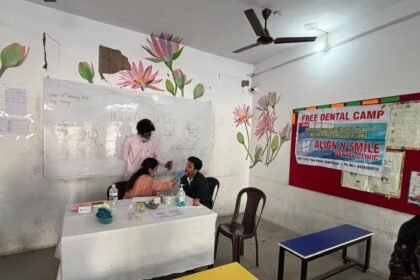
ARABIAN TIMES NEWS NETWORK
In a major push toward enhancing urban aesthetics and improving public infrastructure, Kuwait has taken a significant step by completing a unified “Guide for Regulating the Construction of Car Park Shades.” The comprehensive regulatory document, prepared by seven government agencies, aims to standardize car parking canopy designs across public facilities—ranging from cooperative societies and schools to mosques, hospitals, and health centers.
This initiative reflects Kuwait’s broader vision to create an integrated, sustainable urban environment while addressing climatic realities, particularly the need for heat protection in open parking areas. The guide confirms that standardizing designs not only enhances visual harmony across public spaces but also improves vehicle movement and ensures shade for motorists in extreme weather conditions.
Government sources told Al-Rai that the new framework aligns with Kuwait’s long-term strategy to elevate the country’s aesthetic appeal and ensure high-quality construction standards. The regulatory guide has been submitted to the Public Services Committee in the Council of Ministers for final approval, marking a milestone in urban development policy.
A specialized committee previously established worked on unified specifications and design standards, ensuring the document reflects international best practices. Following the submission, the Cabinet directed the Ministry of Social Affairs to collaborate with the Ministry of Electricity, Water and Renewable Energy and Kuwait Municipality to explore integrating solar-powered parking shades wherever technically feasible—underscoring Kuwait’s commitment to renewable energy solutions.
All government entities will be required to strictly follow the approved specifications and ensure structures do not infringe on public spaces or roadways. Each authority will be responsible for implementing canopy projects within its designated boundaries.
To build public awareness and ensure smooth implementation, the Ministry of Social Affairs, in coordination with the Ministry of Information and other relevant bodies, will launch a nationwide campaign explaining the benefits of the guide and encouraging compliance.
The guide mandates the use of durable, weather-resistant materials, effective drainage and ventilation systems, and designs that complement the architectural identity of each district. Standards also emphasize UV protection, sustainability, and consistent color schemes that reinforce Kuwait’s urban visual identity.
Engineering firms will oversee project execution in coordination with Kuwait Municipality, which will conduct site inspections and retain authority to remove non-compliant structures. Contractors will be held accountable for adherence to environmental and engineering standards.
Ultimately, this regulatory initiative reflects Kuwait’s forward-looking approach to modernizing its urban landscape—ensuring public facilities adopt unified, sustainable, and aesthetically cohesive canopy systems that enhance comfort, safety, and the country’s visual appeal.









